|
Learning to read or becoming a reader doesn’t start in school. It starts day one. And it doesn’t start with just books. Inside of books are words and those words create a language your child will listen to and learn. So, yes please read to your child from day one, but honestly the most important thing to do is talk and interact with your child from day one. I discovered a great article called Promoting Language With Books. The full article can be found here. But I wanted to highlight a few of their key points.
“Books spark children’s interest because they have illustrations with bold colors and topics of interest to young children. Many children’s books offer imaginary topics (such as pirates, princesses, or dragons) that encourage conversation between parents and children. In addition, it’s easy for children to show their parents what interests them in a book, both with and without words (by pointing, gesturing, or drawing attention to a picture).” 3. Children learn best when adults are responsive to them. “Much research has shown that young children benefit from interactions with adults who do the following while interacting with them:
I really think this last one has a huge impact and is really the most important one. When a parent is interacting with a child and being responsive to them, they are not only making their kid smarter, but they are being a great parent and creating memories with their child. I’ve realized this with Harper. The more I actually play with him and interact with him the more well-behaved and happier he is. Most of the time when he is acting like a crazy little monkey, it’s because I’m not giving him my full attention. 4. Words are learned when meanings are made clear It’s not enough to simply use new words during conversation or read them in a book. Children need to learn what words mean, and this happens when parents:
I saw this little chart on facebook today and while it’s a great little resource for writers, I thought what a great tool for parents! When talking with your kids use this Very Useful Vocabulary Tool. So for example, when you are talking about things your child loves, like trucks, your conversation might sound something like this. “Harper, do you see that big truck? That truck is very big. That’s a massive truck. The big truck is humongous. Do you see it? Wow what a humongous truck! Look how massive those tires are. Do you see them?” Another great way to have conversations with your child is to find those look and see books. Usborne has a few books that spark conversations or help parents interact with their child through a book. http://d5367.myubam.com/p/4459/very-first-book-of-things-to-spot d5367.myubam.com/p/4459/very-first-book-of-things-to-spot http://d5367.myubam.com/p/5562/very-first-book-of-things-to-spot-out-and-about These books are fantastic because there are so many interesting details on each page. And as an added bonus there are “parent prompts” on each page. These are helpful things to say to your child as you are reading the book. Things like: “Spot a cat wearing a scarf.” “Who’s riding a bicycle?” “Find a duck driving a car.” “Which car has no wheels?” And I swear this book taught my son the emotion of sadness. On one page it says, “Can you see an unhappy cloud?” And on another page it says, “Which monster is sad?” After that every time he sees someone who is sad, he will say in a sad empathetic way, “Mommy. Awe. Sad.” Here’s another great conversation sparking book. Who’s ready to play and lots of other questions http://d5367.myubam.com/p/5543/whos-ready-to-play Who’s Ready to Play? is just one of fifteen questions in this delightful picture quiz book for young children. There are twenty-four different animals and things to find on every page. Both a memory game and a thinking game, Who’s Ready to Play? will keep toddlers and preschoolers actively engaged in books and reading. A test of observation and visual clues, it will have children creating their own stories as it familiarizes them with new words and activities. Usborne also has a series of books called 1000 Things. These books would be great to spark conversation especially if your child has a particular obsession with the topic. These books don’t have parent prompts or questions, but once you are used to asking them questions with the Very First Book of Things to Spot you will become more comfortable with asking your own questions. http://d5367.myubam.com/p/3714/1000-animals Lastly, I found this super cute book that is slightly higher level. I'm excited to try this book with Harper. It's sort of like the first book of things to spot, but this one will require kids to use higher level inferencing skills. In this charming book, each page asks the reader a question about the lineup of characters featured on the spread. Sharp eyes and keen observation are necessary. There's only one right answer, and it's not always easy! Kids will love learning early concepts like expressions and positions as a natural consequence of their hunt for clues in the details of the lineup. It's a book for all audiences: the seek-and-find call to action on every page makes Who Done It? a wonderful lap or parent read, while the whimsical art, distinctive horizontal format, and hip exposed board ensures this book will be equally appealing as engaging coffee table décor. So what books do you love to use to talk and interact with your child? Leave a comment below if you have some great ones!
7/5/2016 05:42:34 pm
Excellent advice... I know because I've given the same advice to parents. :) A funny note: isn't it ironic that immediately after your copy of 128 Words to Use Instead of Very, there were THREE book titles beginning with the word 'very'. Just having fun here!
Mandy
7/5/2016 07:52:52 pm
Haha! Too funny. Hmmm... Can you think of a better word to use in place of "very first."??? :) 7/13/2016 02:36:03 pm
Such a good reminder. I really struggled with editing when I was in college, I would only do the briefest of proof reads and my grade would definitely reflect the effort. When I got into grad school and forced myself to really dig in and do the needed editing, I noticed more and more how often I was repeating words or using a limited number of descriptors. I also found that reading my work out loud exposed poor word choices with great effectiveness. Comments are closed.
|
We are so excited to be mixing things up at CBA, beginning with some delicious additions to the Blogfish. Meet our awesome bloggers!!
Here's our lineup: 1st Mondays begin with former school psychologist Dr. Debra Collins who will be writing about Social emotional Learning in kidlit and behind the scenes as well as Jewish children's books. 2nd Mondays will feature super smart Melissa Stoller whose career is taking off with several new books. 3rd Mondays will feature our new blogger coming soon. 4th Mondays features new blogger, the fabulous Brentom Jackson, who has a beautiful approach to blogging. And 5th Mondays we'll be taking a break Archives
July 2024
|
|
Discover
|
About Us
|
Join Us
Join our Community and receive a fabulous free gift, KidLit tips, newsletters, scholarship info, contests, and more!
Join our KidLit Mentorship |
Social Media
Interact with our FaceBook Group or follow us on:
|
© 2010-2024 All content on this website is copyrighted. Sorry, all courses are non-refundable.
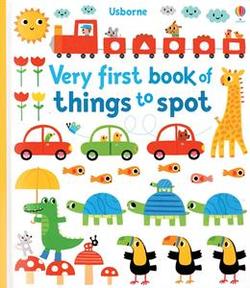
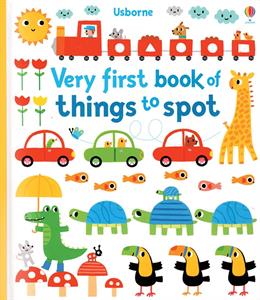
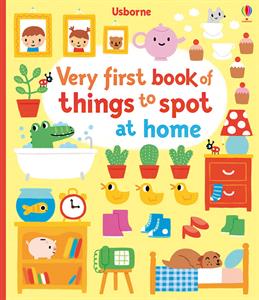
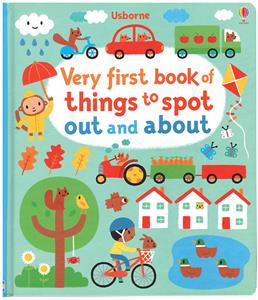
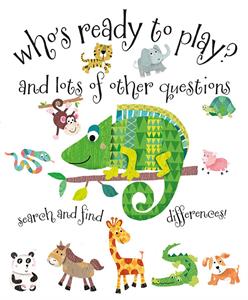
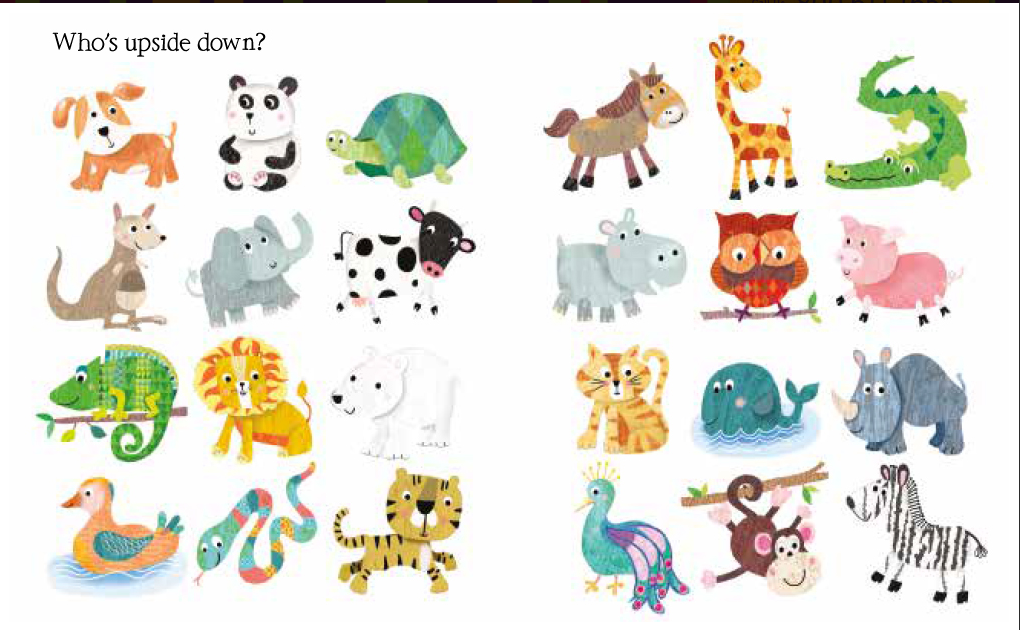
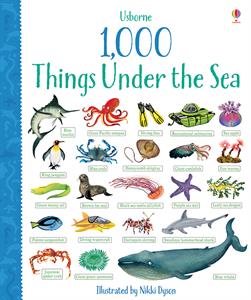
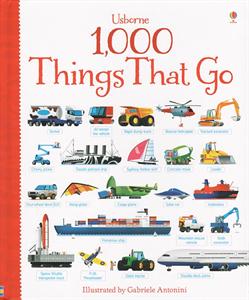
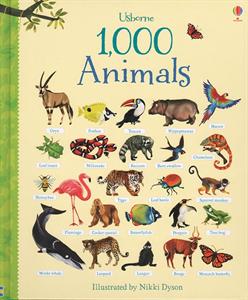
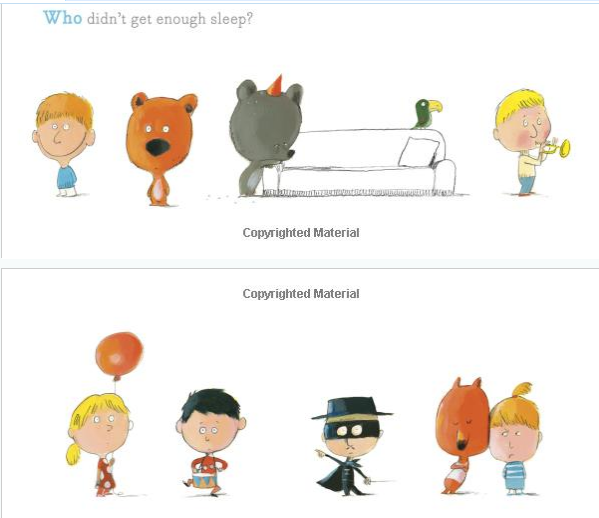
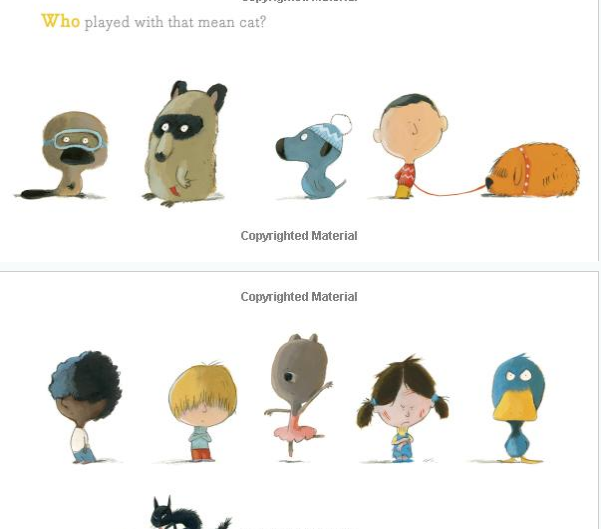
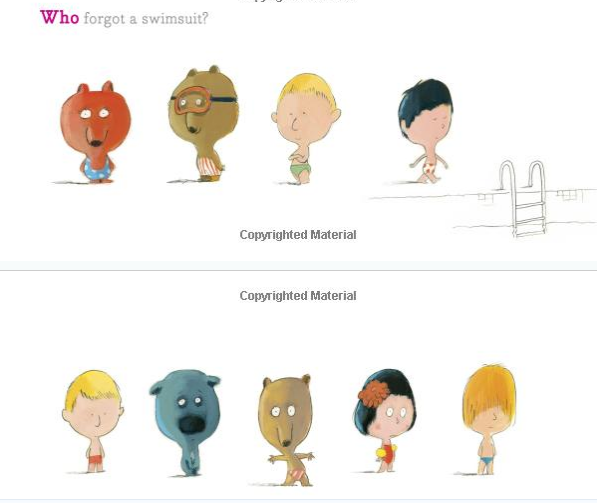
 RSS Feed
RSS Feed
